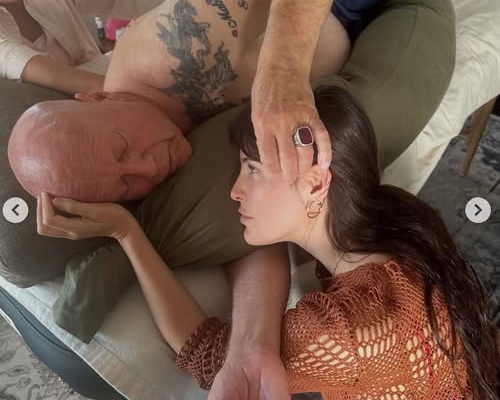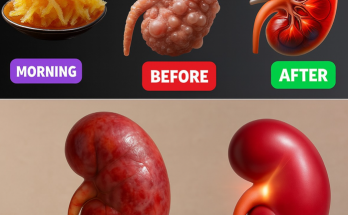
Bruce Willis, known worldwide for his unforgettable performances in blockbuster films such as Die Hard and The Fifth Element, has been an enduring figure in Hollywood for decades. His work on screen has brought excitement, humor, and inspiration to audiences across generations. Today, however, the celebrated actor is facing a very different kind of challenge—one that has shifted the focus from his career to his personal health and family life.
In recent years, Bruce has stepped back from acting after receiving a diagnosis of frontotemporal dementia (FTD), a rare and progressive brain disorder. FTD affects specific areas of the brain that control language, behavior, and movement. Unlike Alzheimer’s disease, which typically develops later in life, FTD often appears at a younger age and can advance more rapidly. As the condition progresses, it can lead to significant changes in communication abilities and daily functioning.
His wife, Emma Heming Willis, has spoken with openness and courage about the journey their family is navigating. She has expressed how the diagnosis has been emotionally challenging, but also how it has brought their family closer together. Public statements from the family have highlighted their commitment to supporting Bruce in every way possible, while also raising awareness about the realities of living with FTD.
Friends of the family have shared that the changes in Bruce’s health have been difficult to witness, yet they remain inspired by the strength and unity shown by his loved ones. Emma and the rest of the Willis family have also emphasized the importance of early diagnosis, research, and compassion for those affected by rare neurological conditions.
While Bruce is no longer in the public spotlight, his impact continues through the countless roles that have become part of film history and through the advocacy his story inspires. The family’s openness has encouraged conversations about dementia, support systems, and the need for continued research into treatments.
Bruce Willis’s journey is a reminder that even the brightest stars face challenges, and that love, patience, and understanding can make a difference in the most difficult times. His legacy in entertainment remains strong, and his story now carries an added meaning—one of resilience, awareness, and hope for a better future for those living with FTD.



